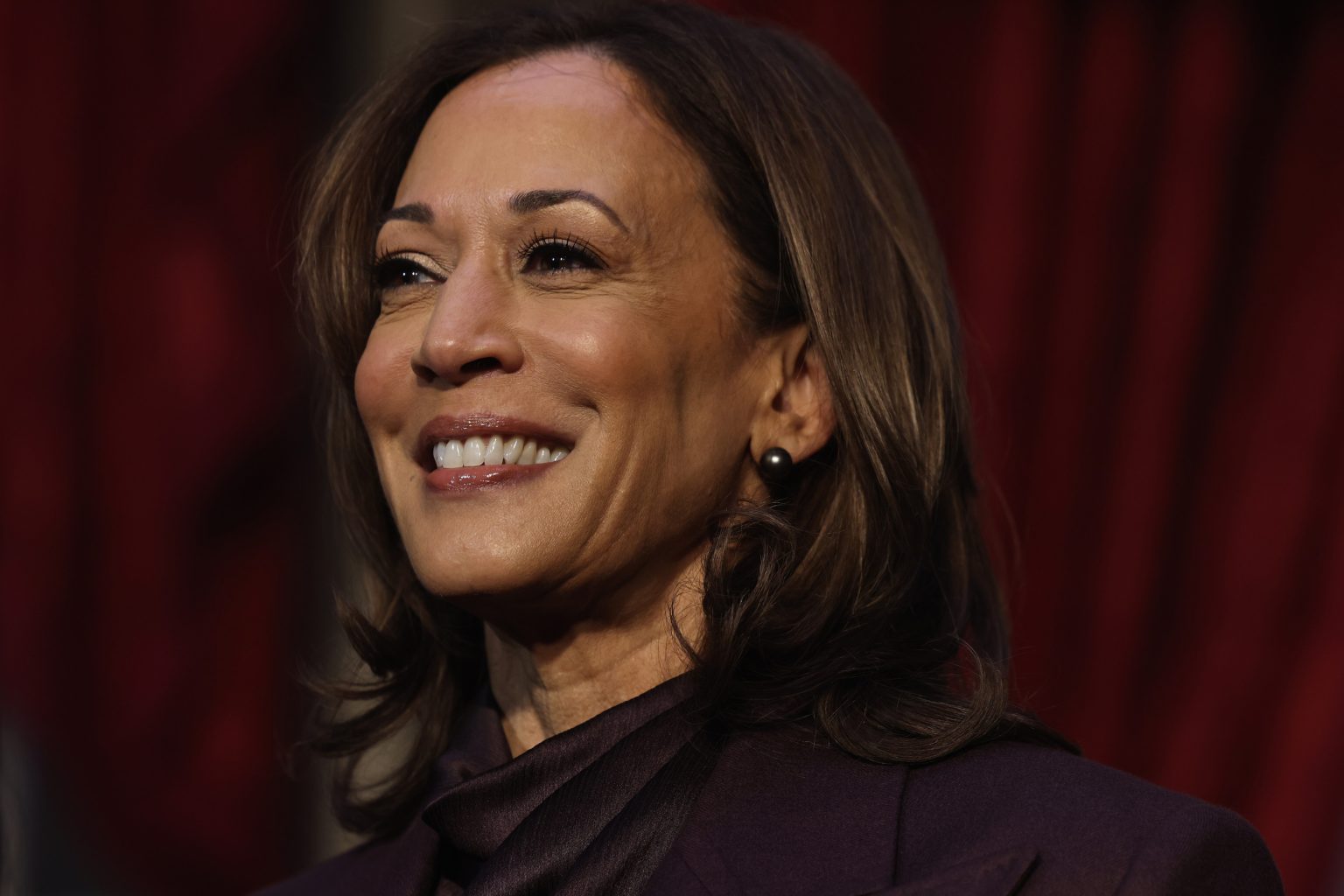The 2024 election results have left the Democratic Party in a state of flux, facing significant losses in all three branches of government and grappling with questions about its future leadership. The Republican Party, emboldened by their victories, now controls the executive and legislative branches, with a conservative supermajority solidifying their influence on the judicial branch. This power dynamic has spurred internal discussions within the Democratic Party about the need for significant changes in strategy and leadership to regain lost ground in the next election cycle.
The uncertainty surrounding the Democratic Party’s future direction is further amplified by the impending departure of President Joe Biden. While Vice President Kamala Harris is seen by some as a natural successor, her political future remains unclear. GOP strategist Matt Gorman has publicly predicted that Harris will not be the Democratic nominee in 2028, citing the need for the party to organically cultivate new leadership. This prediction underscores the ongoing debate within the Democratic Party about its future trajectory and the potential emergence of new figures to lead the charge.
While Gorman’s prediction challenges the conventional wisdom of a sitting vice president succeeding the president, it reflects a broader sentiment within political circles that Harris’s path to the presidency is not assured. This sentiment is fueled by various factors, including the perception of Harris’s performance as vice president, the historical precedent of vice presidents not always securing their party’s nomination, and the potential emergence of other compelling candidates within the Democratic Party.
Despite the uncertainty surrounding Harris’s future, a recent post-election poll suggests she remains a prominent figure within the party. The poll, conducted by Puck/Echelon Insights, revealed Harris as the most favored candidate among Democratic voters for the 2028 presidential nomination, significantly outpacing other potential contenders. However, it’s crucial to note that this poll was conducted shortly after the 2024 election, and public opinion can shift considerably over time, particularly in the dynamic landscape of American politics. The poll’s findings, while interesting, should be viewed as a snapshot of current sentiment rather than a definitive prediction of future outcomes.
Adding to the complexity of the situation are the differing perspectives on Harris’s political prospects. Conservative commentator Ben Shapiro has voiced skepticism about Harris’s future viability as a presidential candidate, pointing to the lack of enthusiasm surrounding her potential 2028 bid. Conversely, some within the Democratic Party, such as DNC member Yvette Lewis, have expressed strong support for Harris, highlighting her qualifications and potential to lead the party. These contrasting viewpoints underscore the ongoing debate about Harris’s role within the Democratic Party and her prospects for higher office.
The Democratic Party’s path forward remains uncertain, with internal discussions and debates likely to intensify as the 2028 election cycle approaches. The upcoming election of a new DNC chair in February will be a critical moment for the party, signaling its direction and priorities for the coming years. This election, along with the ongoing assessment of Harris’s political future and the potential emergence of other prominent figures, will shape the landscape of the Democratic Party and influence its strategy for regaining political power. The party’s ability to adapt to the changing political climate, cultivate new leadership, and address the concerns of its base will be crucial for its success in future elections.

